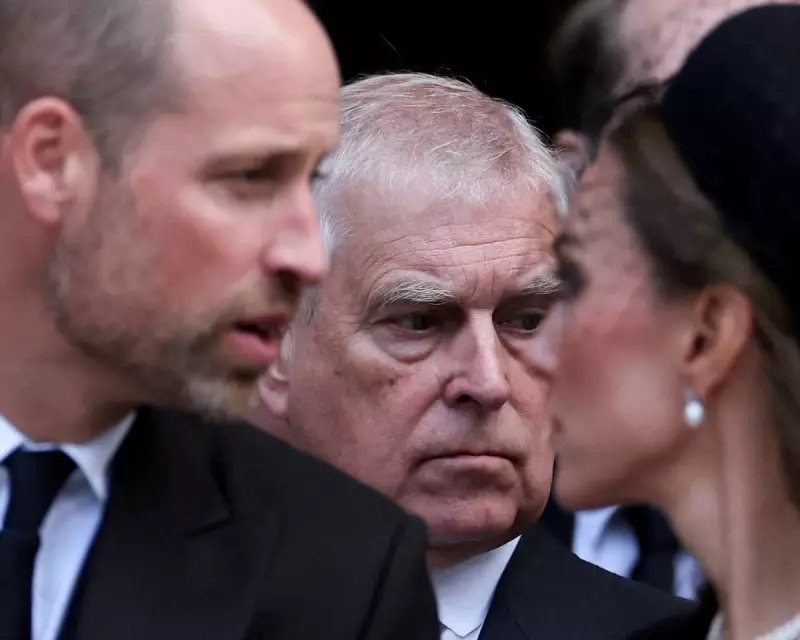
The British monarchy faces one of its most significant constitutional challenges in recent memory as Prince Andrew's new business venture, Windsor & Co, creates deepening divisions within the royal household. The situation has placed King Charles in an extraordinarily difficult position, forced to navigate between family loyalty and his constitutional responsibilities.
A Royal Rebellion
Prince Andrew's establishment of Windsor & Co represents more than just a business endeavour—it constitutes a direct challenge to the authority of the sovereign. Sources close to the palace describe the situation as "unprecedented in modern royal history," with the Duke of York proceeding despite clear indications of disapproval from senior royals.
The firm's activities have raised serious concerns about the commercialisation of the royal brand and the potential damage to the monarchy's reputation. Palace insiders suggest that Prince William is particularly alarmed by the implications for the institution's future.
Constitutional Implications
Legal experts and constitutional historians are watching developments with growing concern. The situation highlights the delicate balance between personal enterprise and public duty that working royals must maintain. Windsor & Co's operations risk blurring the lines between private business and public office in ways that could have lasting consequences for the monarchy's standing.
Several concerning aspects have emerged:
- The use of Windsor in the company name creates potential confusion with official royal institutions
- Questions about appropriate business activities for members of the royal family
- Potential damage to the monarchy's reputation for political neutrality
- The challenge to King Charles's authority as head of the family
Palace Response and Future Ramifications
Buckingham Palace faces the delicate task of responding to this crisis without escalating the situation further. The King's options are limited by both family dynamics and public expectations. How he handles this challenge could define his reign and set important precedents for future generations of royals.
The situation also raises broader questions about the role of non-working royals and what commercial activities they should be permitted to undertake. As the monarchy adapts to the 21st century, this incident may force a much-needed clarification of the boundaries between personal enterprise and public duty.
With Prince William watching developments closely, the outcome of this royal standoff could shape the monarchy's approach to business activities for decades to come.





